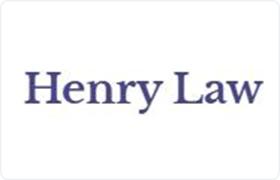Richmond County, NY Workout Lawyers
Sponsored Law Firm
-
 x
x

Click For More Info:
-
Henry Law
825 E Gate Blvd Suite 106 Garden City, NY 11530» view mapEmployment, Bankruptcy, Criminal, FMLA, Civil The Difference.
We practice in an array of practice areas, and employ modern technology in helping you achieve your legal objectives.
800-974-2431
Not enough matches for Richmond Workout lawyer.
Below are all Richmond lawyers.
William Joseph Golding
✓ VERIFIEDMr. Golding is a highly accomplished attorney who brings a wealth of knowledge and experience to our firm. He completed his undergraduate studies at... (more)
Jeffrey Francis Borrell
✓ VERIFIEDFor 35 years, Borrell & Riso, LLP, has been a general practice law firm with locations in Staten Island, Brooklyn, the New York Metropolitan area; and... (more)
Anthony Louis Ameduri
✓ VERIFIEDPrior to becoming an attorney, Anthony L. Ameduri received his J.D. Degree from Hostra University School of Law, received his Master’s Degree in Hos... (more)
Jeffrey Borrell
✓ VERIFIEDFor 35 years, Borrell & Riso, LLP, has been a general practice law firm with locations in Staten Island, Brooklyn, the New York Metropolitan area; and... (more)
FREE CONSULTATION
CONTACT Chauncey Henry Garden City, NY
Chauncey Henry Garden City, NY Practice AreasExpertise
Practice AreasExpertise





